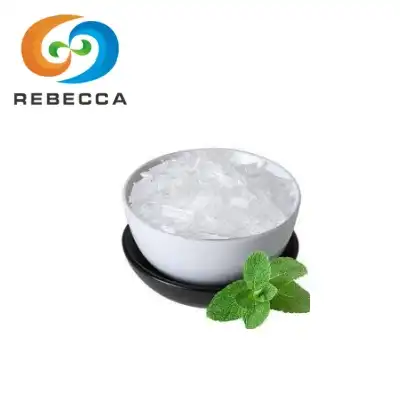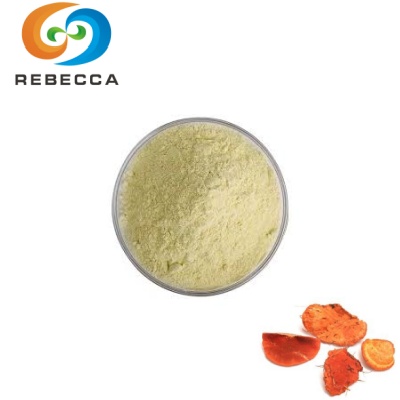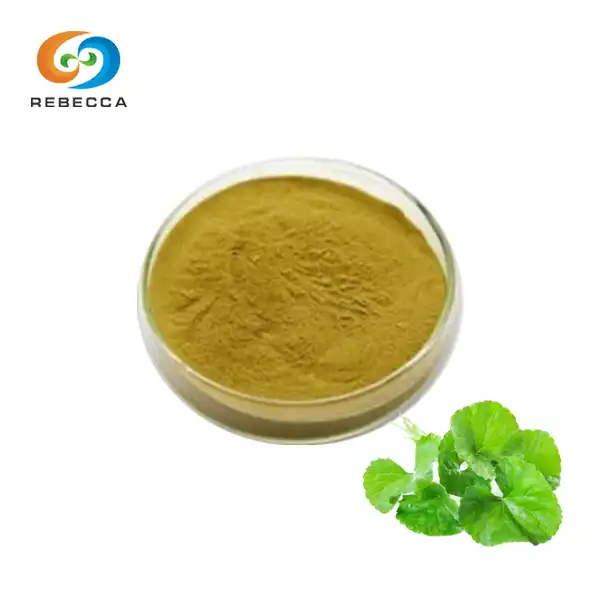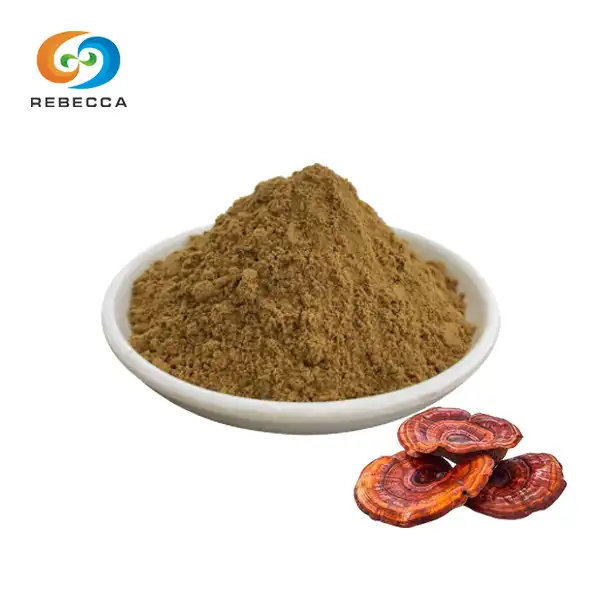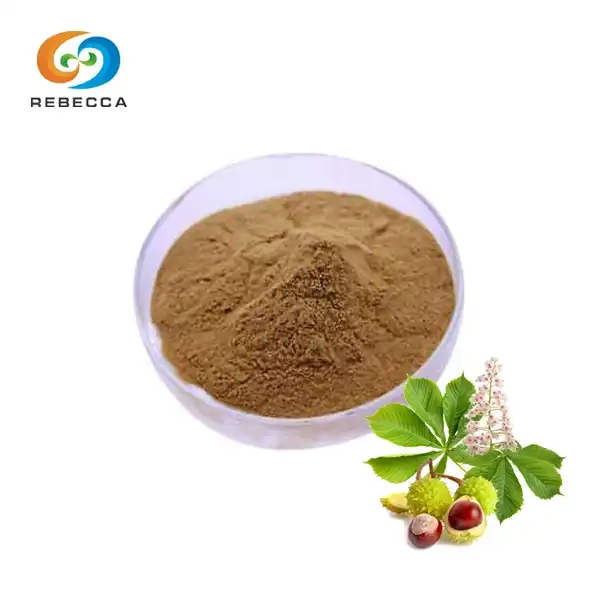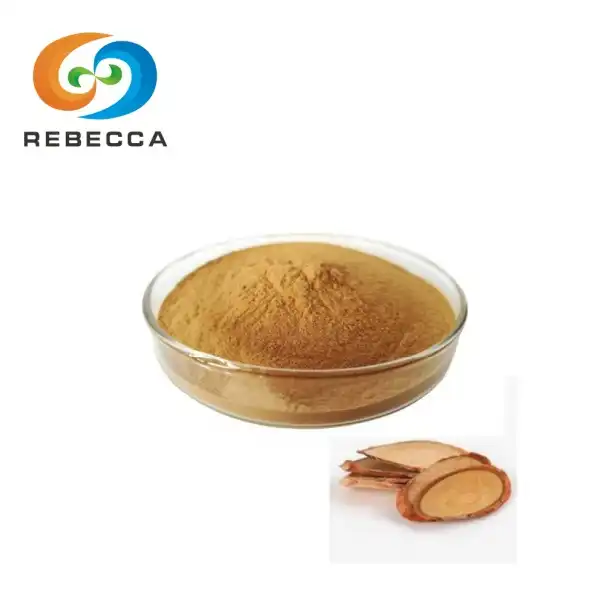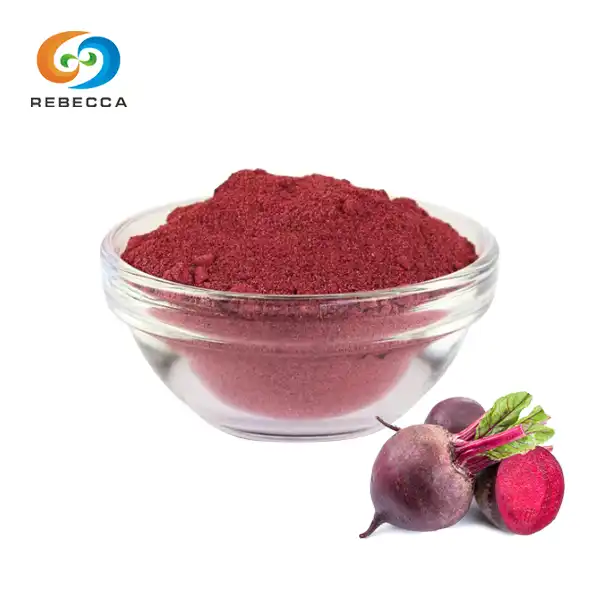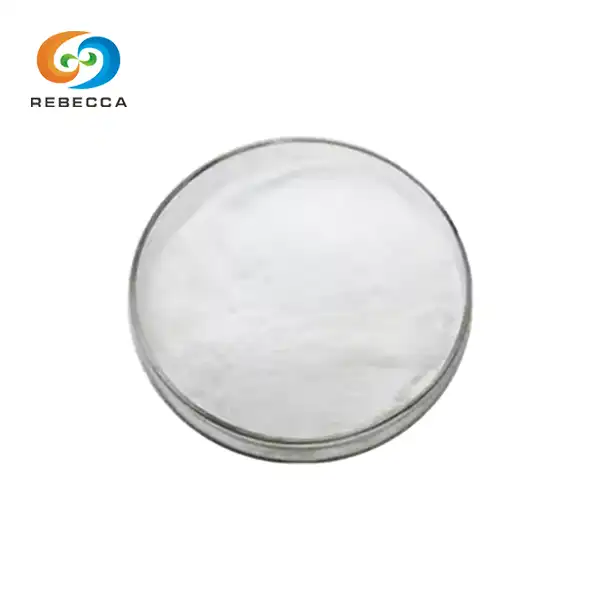L Ergothioneine For Fertility
When couples embark on their journey toward parenthood, they often explore various ways to optimize their reproductive health. While lifestyle changes like improved diet and regular exercise are well-known factors, emerging research has highlighted the potential role of specific bioactive compounds in supporting fertility. Among these, l-ergothioneine has gained attention from researchers and healthcare professionals for its unique properties that may benefit both male and female reproductive health.
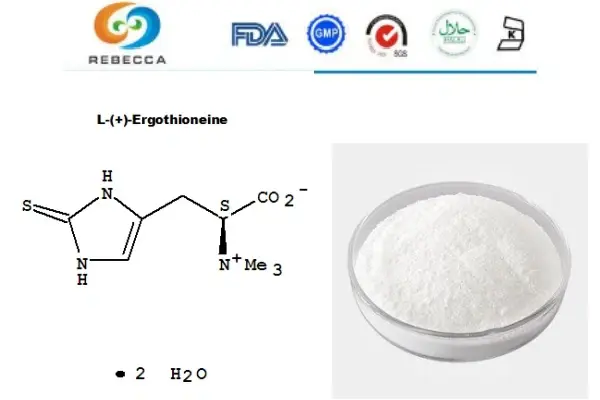
Male Fertility: Protecting Sperm Quality
Male fertility challenges affect millions of couples worldwide, with sperm quality playing a crucial role in successful conception. Modern lifestyle factors, environmental toxins, and age-related changes can all contribute to declining sperm parameters, including count, motility, and morphology. Research suggests that l-ergothioneine may offer significant protective benefits for male reproductive health through its antioxidant properties.
Sperm cells are particularly susceptible to oxidative damage due to their high concentration of polyunsaturated fatty acids in their cell membranes. These fatty acids are essential for proper sperm function but make them vulnerable to lipid peroxidation when exposed to reactive oxygen species. Studies have shown that l-ergothioneine can help maintain the integrity of sperm membranes by neutralizing harmful free radicals before they cause cellular damage.
The journey from sperm production to fertilization is a complex process that takes approximately 74 days. During this time, developing sperm cells undergo numerous cellular divisions and transformations, each presenting opportunities for oxidative stress to interfere with normal development. L-ergothioneine's ability to accumulate in reproductive tissues means it can provide consistent protection throughout this critical period.
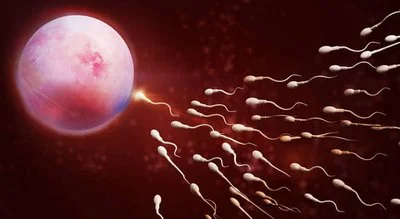
Female Fertility: Supporting Ovarian Function and Pregnancy
Female fertility involves intricate hormonal cycles and cellular processes that are equally susceptible to oxidative stress. From egg development and ovulation to implantation and early pregnancy, each stage requires optimal cellular function that can be supported by adequate antioxidant protection. L-ergothioneine's unique properties make it particularly well-suited to support various aspects of female reproductive health.
Egg quality is one of the most critical factors in female fertility, and it naturally declines with age due to accumulated cellular damage over time. Oocytes, or egg cells, are among the longest-lived cells in the human body, remaining in a dormant state from birth until ovulation. During this extended period, they are continuously exposed to oxidative stress that can compromise their quality and viability. Research suggests that l ergothioneine may help protect these precious cells by providing antioxidant defense within ovarian tissues.
The ovulation process itself involves significant cellular activity and energy expenditure. The follicle containing the mature egg undergoes rapid changes as it prepares for release, processes that can generate reactive oxygen species. L-ergothioneine's presence in ovarian tissue may help ensure that these natural processes proceed smoothly without excessive oxidative damage that could impair egg release or quality.
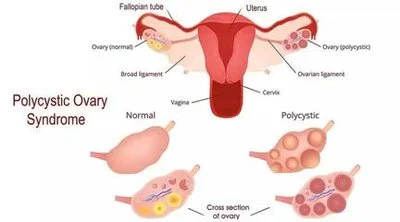
Hormonal balance is another crucial aspect of female fertility that may benefit from ergothioneine's protective effects. The endocrine system relies on delicate feedback mechanisms that can be disrupted by oxidative stress and inflammation. By supporting cellular health in hormone-producing tissues, ergothioneine may contribute to more stable hormonal patterns that favor conception and pregnancy maintenance.
Once pregnancy is achieved, the developing embryo and placenta have high energy requirements that increase oxidative stress in maternal tissues. L-ergothioneine's ability to cross cellular membranes and accumulate in metabolically active tissues makes it particularly valuable during early pregnancy when rapid cell division and organ development are occurring. The compound's protective effects may support healthy pregnancy progression and reduce the risk of complications related to oxidative damage.
The endometrial lining of the uterus also plays a vital role in successful implantation and pregnancy establishment. This tissue undergoes cyclical changes throughout the menstrual cycle and must be receptive to embryo implantation. Research indicates that oxidative stress can negatively impact endometrial receptivity, while adequate antioxidant protection may support optimal conditions for implantation. L-ergothioneine's protective properties could contribute to a more favorable uterine environment for conception.

Dietary Sources and Supplementation
Understanding where to find l-ergothioneine in the diet and how to optimize its intake is essential for couples interested in supporting their fertility naturally. While the human body cannot synthesize this compound on its own, it can be obtained through specific dietary sources and, when necessary, through targeted supplementation.
Mushrooms are by far the richest dietary source of ergothioneine, with certain varieties containing particularly high concentrations. Porcini, shiitake, oyster, and maitake mushrooms all provide significant amounts of this beneficial compound. The concentration can vary depending on growing conditions, species, and preparation methods, but incorporating a variety of mushrooms into the diet is an excellent way to increase l ergothioneine intake naturally.

Other food sources include certain bacteria-fermented foods and some animal products, though these typically contain much lower concentrations than mushrooms. Chicken liver, kidney, and some fish species provide modest amounts of ergothioneine, but achieving therapeutic levels through these sources alone would be challenging. This is why many healthcare providers recommend mushroom consumption as the primary dietary strategy for increasing l-ergothioneine levels.

When dietary sources are insufficient or when higher therapeutic levels are desired, supplementation with high-quality l-ergothioneine may be considered. This is particularly relevant for individuals who don't regularly consume mushrooms or who have specific fertility challenges that might benefit from targeted antioxidant support. However, as with any supplement regimen, it's important to consult with healthcare providers before beginning supplementation, especially when trying to conceive.

The bioavailability of ergothioneine from supplements can vary depending on the formulation and manufacturing process. High-quality supplements that use standardized extraction methods and proper storage conditions are more likely to provide consistent and effective levels of the compound. When evaluating supplements, looking for products that specify purity levels, testing methods, and proper storage requirements can help ensure optimal quality.
Rebecca: L-Ergothioneine Supplier
At Rebecca Bio-Tech, we understand the importance of high-quality compounds for health and wellness applications. Our products meets the highest purity standards, with 99% specification and rigorous testing protocols to ensure consistent quality.
Our ergothioneine appears as a white crystalline powder and is thoroughly tested using HPLC methods for purity verification. The compound demonstrates excellent water solubility up to 10 mg/ml, making it suitable for various formulation needs.
Whether you're a researcher, healthcare practitioner, or supplement manufacturer seeking reliable l-ergothioneine supplies, our technical team is ready to support your specific requirements. We maintain strict quality control throughout our production process to deliver the exceptional standards you expect.
For detailed product specifications, technical documentation, or to discuss your needs, we invite you to connect with our team at information@sxrebecca.com. Let us partner with you in advancing health and wellness through premium bioactive compounds.
References
Tanret, C. (1909). Sur une base nouvelle retiree du seigle ergote, l'ergothioneine. Comptes Rendus Hebdomadaires des Seances de l'Academie des Sciences, 149, 222-224.
Melville, D. B., et al. (1954). The structure of ergothioneine. Journal of Biological Chemistry, 206(1), 221-228.
Cheah, I. K., & Halliwell, B. (2012). Ergothioneine; antioxidant potential, physiological function and role in disease. Biochimica et Biophysica Acta, 1822(5), 784-793.
